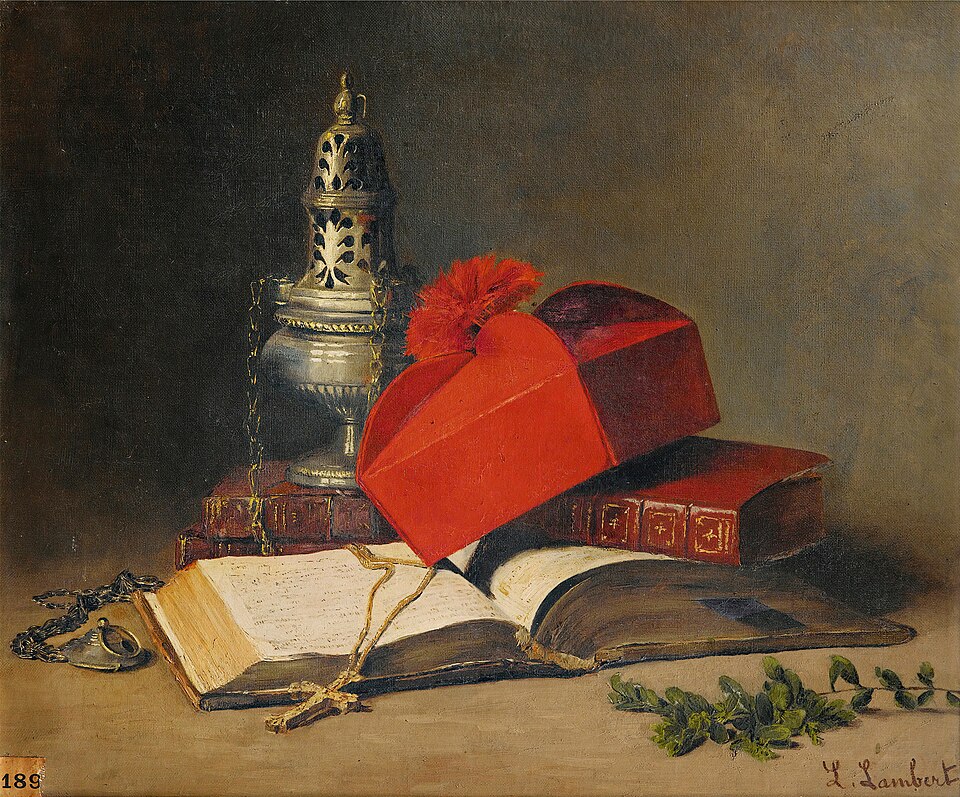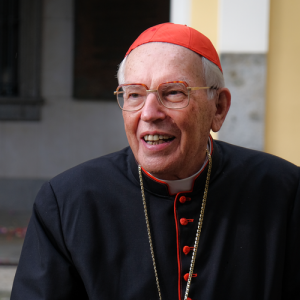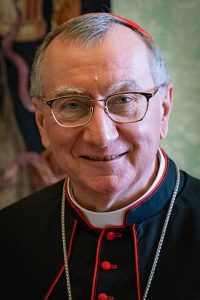 The election of the successor of St. Peter will be decided by 133 Cardinals from 71 countries across five continents who will be following a centuries-old process filled with prayer, deliberation, and very strict rules.
The election of the successor of St. Peter will be decided by 133 Cardinals from 71 countries across five continents who will be following a centuries-old process filled with prayer, deliberation, and very strict rules.
According to Vatican News, the Cardinal-Electors who will choose the next pope are the most diverse group to ever meet. This is due to the fact that Pope Francis, who elected two-thirds of the members of the current College of Cardinals, sought to make the College more international and less Eurocentric.
As a result, 15 nations will have a Cardinal representing them for the first time at the upcoming Conclave. These include Haiti, Papua New Guinea, Myanmar, Rwanda, Tonga, Malaysia, Sweden, Luxembourg, Timor Leste, Cape Verde, Singapore, South Sudan, Serbia, and the Central African Republic.
While European Cardinals are still in the majority, they are now outnumbered by non-European countries. For example, the Americas have 37 Cardinals with sixteen coming from North American. Twenty-three cardinals are from Asia, 18 from Africa, and 4 from Oceana.
“Although regional representation alone won’t determine the outcome of the election of the new Pope, which is also influenced by other critical factors, the geographical aspect cannot be overlooked given the global impact of the Pope’s role,” Vatican News reports.
This unique group of Cardinals will comprise the next Conclave which will commence on Wednesday, May 7. It will begin with an opening Mass at 10 a.m. in St. Peter’s Basilica with Cardinal Giovanni Battista Re, dean of the College of Cardinals, as the main celebrant.
As the Catholic News Service (CNS) reports, Cardinal Re will be praying from a particular book of prayers known as the Ordo Rituum Conclavis (Rites of the Conclave) which was approved by St. John Paul II in 1998. Created specifically for use in conclaves, it contains prayers in Latin with an Italian translation.
It is from this book that Cardinal Re will begin the opening Mass with the prayer, “O God, eternal pastor, you who govern your people with a father’s care, give your church a pontiff acceptable to you for his holiness of life and wholly consecrated to the service of your people.” The prayers of this Mass will be the only ones from the Ordo that will celebrated publicly until the Pope is elected.
Later in the day, the Cardinal electors will gather in the Pauline Chapel of the Apostolic Palace and process together into the Sistine Chapel.
Cardinal Pietro Parolin, the highest-ranking member of the College of Cardinals will then address the cardinals: “After having celebrated the divine mysteries, we now enter into conclave to elect the Roman pontiff. The whole church, united with us in prayer, invokes the grace of the Holy Spirit so that we elect a worthy pastor of the entire flock of Christ.”
As CNS reports, “In a procession behind the cross, the cardinals walk into the Sistine Chapel singing a litany of saints of the East and West and a series of invocations to Christ with the refrain, ‘Save us, Lord.’ When everyone is in his place in the chapel, the cardinals chant the ancient invocation of the Holy Spirit, ‘Veni, Creator Spiritus.’”
This is followed by an oath, taken by each cardinal, to “faithfully and scrupulously observe” the rules for electing a pope. Should he be elected, each cardinal must then swear to “faithfully fulfill the Petrine ministry as pastor of the universal church and will strenuously affirm and defend the spiritual and temporal rights as well as the freedom of the Holy See.” This is followed by a promise to keep everything about the election of the pope secret.
From that moment on, everyone not directly involved in the conclave is ordered out of the Sistine Chapel. Those staff who must stay to assist the cardinals, such as cleaners, cooks, doctors and nurses, even elevator operators, must take an oath of secrecy and face a penalty of automatic excommunication if violated.
In addition, signal jammers are in place to make sure that no one can use a cell phone or computer to contact the outside world. Because satellites can see people from space, and AI can read lips, privacy film covers all the windows to be sure no one can see into the gathering.
The cardinals may decide to cast a ballot on the first night. Ballots are cast into an urn on a table in front of Michelangelo’s fresco of the Last Judgment, each Cardinal promises that he cast a vote for the man he believes deserves to be elected. Ballots that did not produce a pope are burned with a special chemical additive that produces black smoke which is emitted via a chimney in the roof of the Chapel.
Thereafter, the cardinals will cast four ballots a day, two in the morning and two in the evening until a candidate acquires two-thirds of the vote.
The whole process is steeped in prayer, both communal and private. Each day of voting includes morning and evening prayer, a concelebrated Mass, prayer before each ballot is cast, and before the ballots are counted. In addition, if a fourth day is reached with no pope elected, the cardinals pause for a time of extended prayer.
When someone reaches the two-thirds threshold, which will be 89 votes this year due to the absence of two cardinals because of health issues, the person elected will be asked by Cardinal Parolin, “Do you accept your canonical election as supreme pontiff?” This is followed by a second question, “With what name do you wish to be called?”
Once the office is accepted, the Order states that the elected cardinal “immediately is the bishop of the church of Rome, the true pope and head of the college of bishops; he acquires full and supreme power over the universal church.”
At this point, the ballots cast in his election are burned with a chemical additive that produces white smoke to announce to the world that a new pope has been elected.
Each cardinal approaches the new pope to pay homage to him, then the College sings the “Te Deum” which is a hymn of thanks and praise to God.
It is only after this that the senior cardinal deacon, who is French Cardinal Dominique Mamberti, prefect of the Apostolic Signature, the Holy See’s highest court, will go out to the central balcony of St. Peter’s Basilica and make the famous declaration to the public.
“Habemus papam” (“We have a pope”).
Let us all join together in prayer and sacrifice for our Church during these sacred moments of election that will decide the successor to the Chair of Peter.
© All Rights Reserved, Living His Life Abundantly®/Women of Grace® http://www.womenofgrace.com











